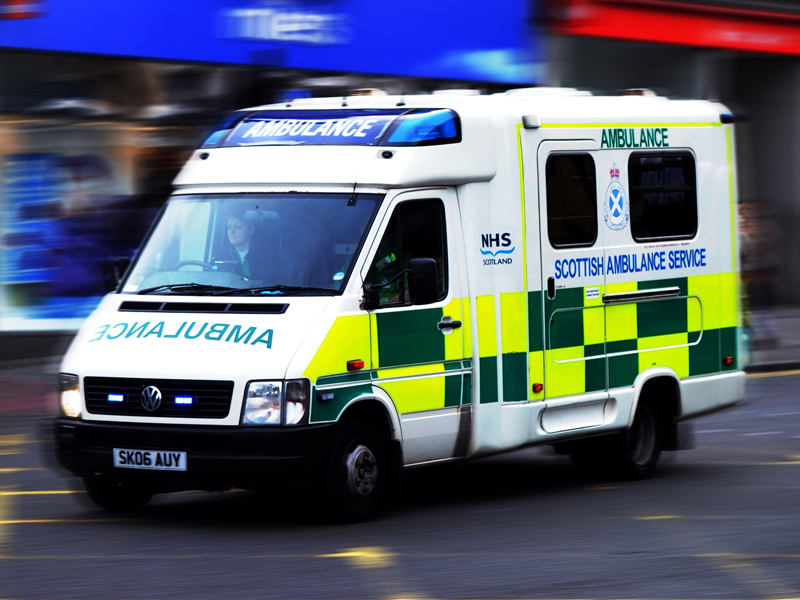A shortage of out-of-hours medics in the north has led to fears lives are being put at risk because paramedics are having to plug the gaps.
The lack of cover has put extras strain on an already short-staffed ambulance service – which dealt with an extra 900 emergency incidents last year.
People who take ill and are unable to see a doctor or nurse are instead calling mercy crews to take them to hospital.
The situation is made worse when emergency vehicles are drafted-in to transfer patients between hospitals – leaving rural areas exposed.
There are also 18 ambulance service vacancies across the area and managers say staff are being lured away by better paid jobs in the offshore industry.
Mercy crews are generally busier and dealt with a total of 25,000 emergencies last year.
A spokesman for trade union, Unison, said there was pressure across the whole service.
He added that when paramedics reached their destination, they were often asked to deal with local incidents rather than return immediately to their area.
He said: “It would be safer if ambulances were not being moved around.
“I don’t know what the risks are but clearly the further and longer they have to travel to an incident, the worse the potential outcome.”
Margaret Watt, of the Scotland Patients Association, said that lives could be put at risk.
She said: “Everything from the ambulance to the hospitals to the doctors and nurses should be looked at.”
Mary Scanlon, Highlands and Islands Conservative MSP, said: “It is only right to look at whether undue pressure is being put on this service with adequate resources in place.”
Graham Macleod, the head of the Scottish Ambulance Service in the Highlands, said it was now working with NHS Highland to try to resolve the problems.
He said: “We have had issues with regards cover and where it is being provided from. On occasions there has been no out-of-hours care from Inverness to Wick. They did not have the doctors or nurses available.
“Demand increases for the ambulance service. We have plans in place for regular occurrences and are informed when there are shortages of cover. We have got to be flexible to match that demand.”
He said that Dingwall, Golspie and Invergordon had “issues”, while Wick, Lochaber and Badenoch were “stable”.
Mr Macleod added that Invergordon and Dingwall, in particular, had made improvements through the use of nurse practitioners.
He also told the Press and Journal: “It is difficult to quantify but we see activity rise because of extra calls. However there are often a number of reasons for this.”
An NHS Highland spokeswoman denied that there were huge gaps in the out-of-hours service.
She said: “Golspie has had the same out-of-hours arrangements for two to three years now.
“We contract a group of local doctors to cover during out-of-hours and it is up to them to ensure the shifts are filled. That has been stable for a number of years and we haven’t had a vacant shift.
“There have been a few gaps in east Highland but that has been a lot more stable recently due to a salaried service and our unscheduled care nurses. The situation has improved and there have been fewer vacant shifts.”
She said that recruitment was an ongoing issue for the region.
